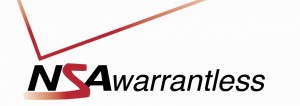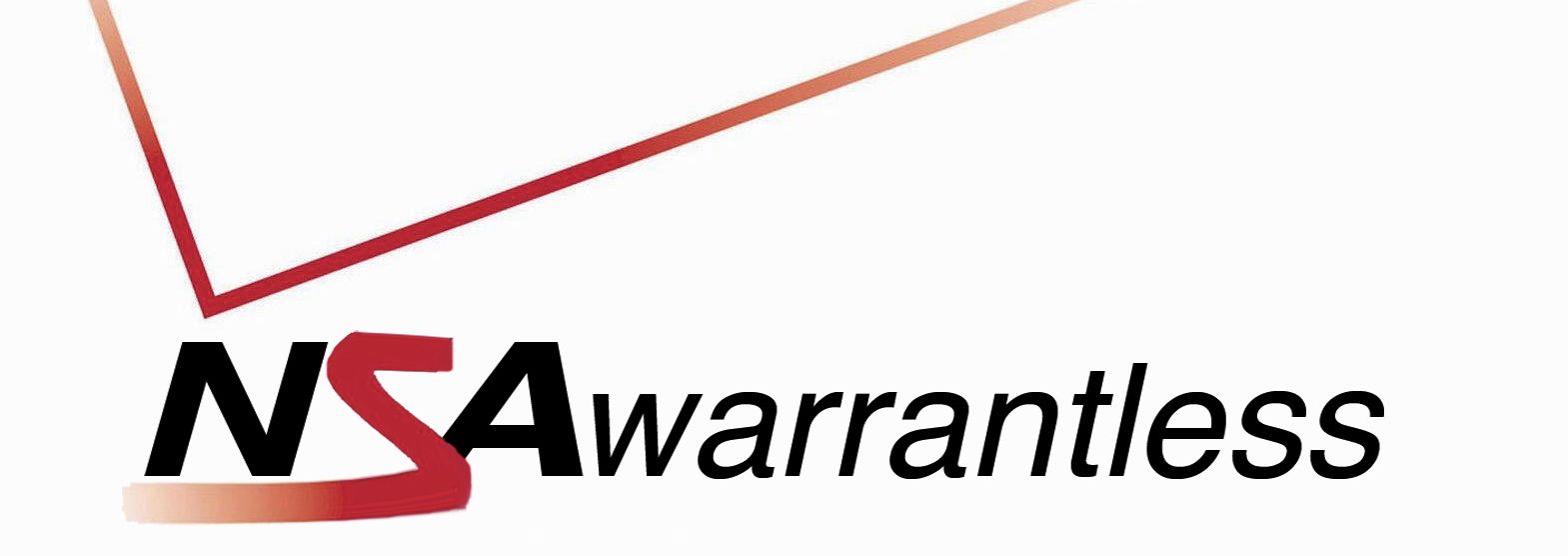
In December 2005, the New York Times published an eye-opening story: the National Security Agency (NSA) was given authorization to tap into the infrastructure of major phone companies, and eavesdrop on our phone calls. These were not your traditional telephone taps, involving probable cause, a judge, and a warrant; these were secret orders, authorized by a FISA court. The phone companies complied; for example, Verizon allowed the NSA to set up shop in its San Francisco office, and tap directly into its network routers.
Since then, the Electronic Frontier Foundation (EFF) pursued two lawsuits related to the NSA’s warrantless wiretapping: Jewel vs. NSA and Hepting vs. AT & T. Hepting vs AT & T was dismissed in 2009 while Jewel vs. NSA is an ongoing case in the San Francisco District Courts. One of the EFF’s obstacles in Jewel has been the government’s invocation of the state secrets privilege; the government sought to have the case dismissed, claiming that the wiretaps were part of a program to combat terrorism. In other words, the government cried “national security”.
On June 5th 2013, we got a glimpse into these secret programs. With the aid of whistleblower Edward Snowden, the Guardian broke a story about the NSA’s dragnet collection of Verizon call records, evidenced by a top secret FISA court order.
On June 6th 2013, the Guardian broke news of another NSA program: PRISM. PRISM is another surveillance effort, targeting email, and data from web sites and social networks.
Several politicians have come to the defense of these programs. For example, Senator Diane Feinstein said that the Verizon FISA order had been in place for seven years, and the latest version was nothing more than a routine renewal. President Obama has called the program
“transparent”, and only a “modest encroachment on privacy”.
As a member of the Pirate Party, I feel these programs are a disgrace and an outrage. Pirates believe in personal privacy; the NSA’s programs are modern-day writs of assistance that would have made King George turn green with envy. Pirates believe in government transparency; there is nothing transparent about secret orders, issued by a secret court, under power granted by a secret law. The Fourth Amendment protects us from unreasonable searches and seizures, and we are better knowing the information that Edward Snowden revealed.
But the big question still remains: what are we going to do about it?
First, write to your legislators. Tell them you’re outraged by the NSA’s surveillance programs. Tell them that you’re not a suspect and do not deserve to be treated like one. Stand up for your constitutional rights, and demand an end to the NSA’s dragnet surveillance.
Second, join the Massachusetts Pirate Party. We are the party of Open Government, Open Culture, Open Innovation, and People First. People have a right to personal privacy, and a right to know what their government is doing.
Third, run for office. Our major parties — the Democrats and Republicans — have proven to be the parties of political gain over public good. Run as a candidate for the party of open, and show that you’re willing to put people first.


In December 2005, the New York Times published an eye-opening story: the National Security Agency (NSA) was given authorization to tap into the infrastructure of major phone companies, and eavesdrop on our phone calls. These were not your traditional telephone taps, involving probable cause, a judge, and a warrant; these were secret orders, authorized by a FISA court. The phone companies complied; for example, Verizon allowed the NSA to set up shop in its San Francisco office, and tap directly into its network routers.
Since then, the Electronic Frontier Foundation (EFF) pursued two lawsuits related to the NSA’s warrantless wiretapping: Jewel vs. NSA and Hepting vs. AT & T. Hepting vs AT & T was dismissed in 2009 while Jewel vs. NSA is an ongoing case in the San Francisco District Courts. One of the EFF’s obstacles in Jewel has been the government’s invocation of the state secrets privilege; the government sought to have the case dismissed, claiming that the wiretaps were part of a program to combat terrorism. In other words, the government cried “national security”.
On June 5th 2013, we got a glimpse into these secret programs. With the aid of whistleblower Edward Snowden, the Guardian broke a story about the NSA’s dragnet collection of Verizon call records, evidenced by a top secret FISA court order.
On June 6th 2013, the Guardian broke news of another NSA program: PRISM. PRISM is another surveillance effort, targeting email, and data from web sites and social networks.
Several politicians have come to the defense of these programs. For example, Senator Diane Feinstein said that the Verizon FISA order had been in place for seven years, and the latest version was nothing more than a routine renewal. President Obama has called the program
“transparent”, and only a “modest encroachment on privacy”.
As a member of the Pirate Party, I feel these programs are a disgrace and an outrage. Pirates believe in personal privacy; the NSA’s programs are modern-day writs of assistance that would have made King George turn green with envy. Pirates believe in government transparency; there is nothing transparent about secret orders, issued by a secret court, under power granted by a secret law. The Fourth Amendment protects us from unreasonable searches and seizures, and we are better knowing the information that Edward Snowden revealed.
But the big question still remains: what are we going to do about it?
First, write to your legislators. Tell them you’re outraged by the NSA’s surveillance programs. Tell them that you’re not a suspect and do not deserve to be treated like one. Stand up for your constitutional rights, and demand an end to the NSA’s dragnet surveillance.
Second, join the Massachusetts Pirate Party. We are the party of Open Government, Open Culture, Open Innovation, and People First. People have a right to personal privacy, and a right to know what their government is doing.
Third, run for office. Our major parties — the Democrats and Republicans — have proven to be the parties of political gain over public good. Run as a candidate for the party of open, and show that you’re willing to put people first.